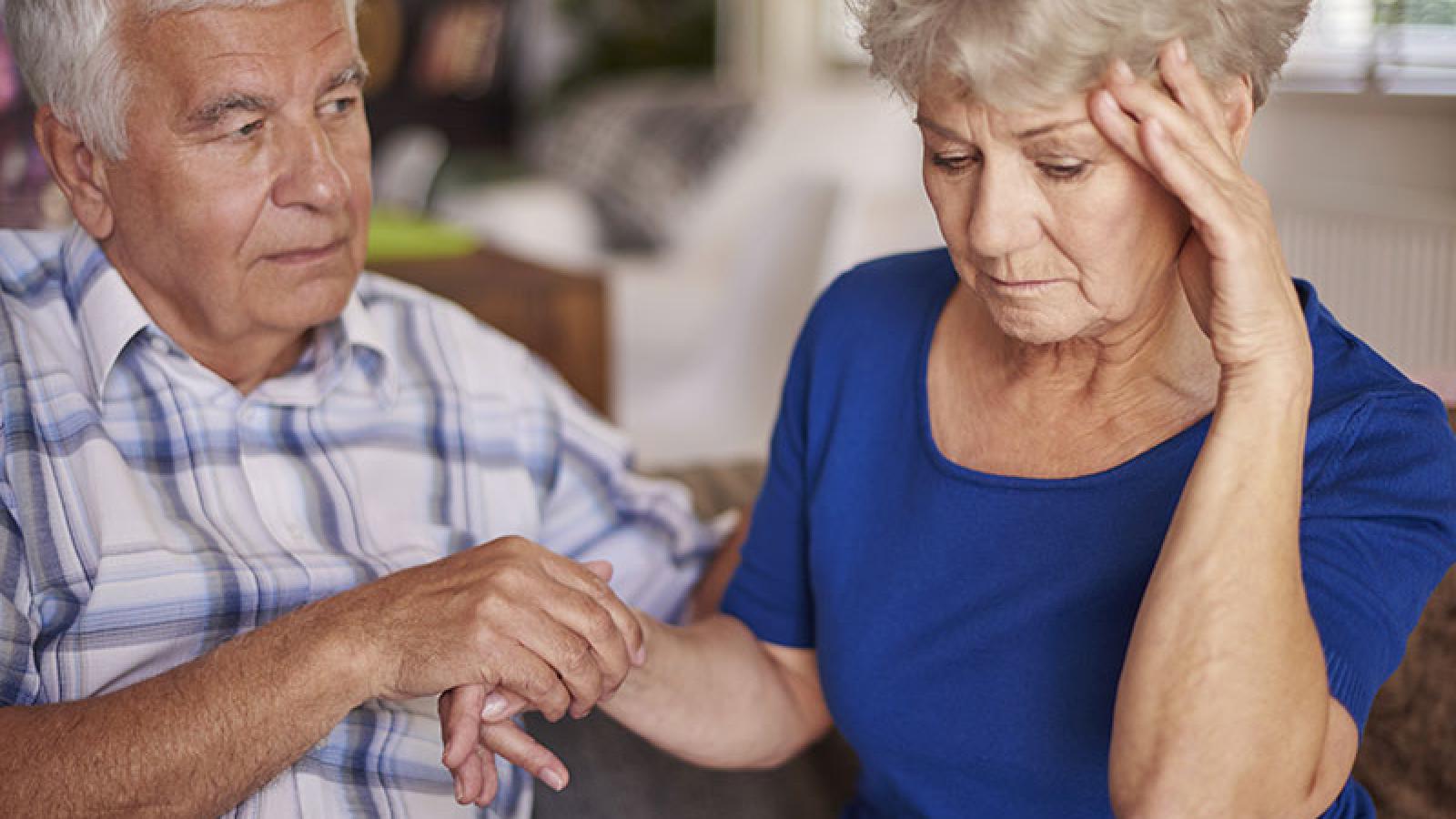How to Spot a Stroke

If you notice these signs of stroke, here's what you need to do and why you need to act quickly.
When someone has a stroke, recovery can be greatly impacted by how quickly medical treatment is received. That's why it's important to know what the symptoms of stroke look like so you can better determine when someone needs help.
If a person's stroke is due to an obstruction in a vessel supplying blood to the brain (an ischemic stroke), a clot-busting drug (tPA) may improve the chances of recovery if administered quickly enough. Studies show when tPA is given within 1½ hours, up to 20% of patients show significant improvement 90 days later; if within 3 hours, about 10% show improvement.
Recent studies have also shown that after being evaluated at the hospital, some patients may benefit from being transferred to specialized stroke centers for clot retrieval procedures that can increase the chances of symptom improvement. Time is also critical in performing these procedures as soon as possible.
Time is of the essence when it comes to treating a stroke. That's why it's best to remember the word FAST when trying to determine if someone is having a stroke. This acronym helps you identify stroke warning signs:
- F = Facial drooping: Ask the person to smile. Is one side of the face drooping or hard to move?
- A = Arm weakness: Ask the person to raise both arms. Does one arm drift down?
- S = Speech difficulties: Ask the person to repeat a simple phrase. Do you notice slurred speech or trouble forming words?
- T = Time: Time lost is brain lost. If you notice any of the above symptoms, call 911 right away.
Other symptoms of stroke include double or blurred vision, a sudden severe headache with no known cause, sudden numbness on one side of the body, trouble walking, dizziness, loss of balance or coordination, and arm or leg weakness.
If something seems "off" with someone and you suspect it's due to a stroke, call 911 immediately. The sooner a person having a stroke gets to a hospital, the better the odds of recovery. The single most important factor in the successful treatment of stroke is getting treatment as quickly as possible.
If you suspect a stroke, always call 911. Remember, it's important to act FAST.
Copyright 2018-2023 © Baldwin Publishing, Inc. Health eCooks™ is a designated trademark of Baldwin Publishing, Inc. Cook eKitchen™ is a designated trademark of Baldwin Publishing, Inc. Any duplication or distribution of the information contained herein without the express approval of Baldwin Publishing, Inc. is strictly prohibited.
Date Last Reviewed: April 13, 2023
Editorial Review: Andrea Cohen, Editorial Director, Baldwin Publishing, Inc. Contact Editor
Medical Review: Perry Pitkow, MD
Learn more about Baldwin Publishing Inc. editorial policy, privacy policy, ADA compliance and sponsorship policy.
No information provided by Baldwin Publishing, Inc. in any article is a substitute for medical advice or treatment for any medical condition. Baldwin Publishing, Inc. strongly suggests that you use this information in consultation with your doctor or other health professional. Use or viewing of any Baldwin Publishing, Inc. article signifies your understanding and agreement to the disclaimer and acceptance of these terms of use.

